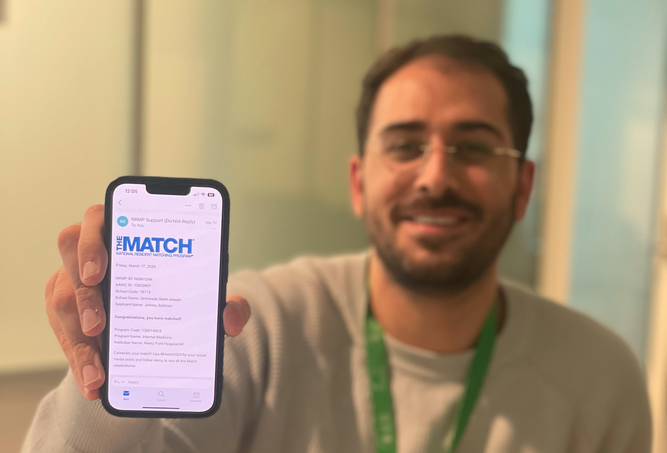Congrats! You’ve decided to move forward with planning a clinical experience. Just one thing stands in your way—choosing between an in-person and virtual rotation.
While both options can bring value to your education and resume/CV, whether you are a student, graduate, or professional, one may be preferable to the other depending on your budget, lifestyle, and reason for rotating.
The biggest differences between these experiences are their format, costs, and benefits, all of which are covered below. Hopefully, this information will help you apply for and reserve an experience with confidence—no matter the option you select.
Comparing Clinical Experience Costs
When narrowing down clinical experiences, it’s important to consider your budget. Ensuring the experience you’re interested in financially feasible can reduce the stress associated with reserving the experience.
When prospective visitors mention they are looking for low-cost clinical experiences, our AMO Advisors often recommend virtual rotations not because the program fees are always less but because there are relatively few additional items you will need to budget for.
Below are modest estimates of associated costs for four-week experiences. Actual out–of–pocket costs for in-person experiences vary based on personal preferences and location.
| Virtual | In-Person |
|---|---|
| ✓ Clinical Experience Fee ($1999—$4299)
✓ Malpractice Insurance* ($199) ✓ HIPAA Certification* ($15—$25)
|
✓ Clinical Experience Fee ($1499—$4999)
✓ Malpractice Insurance* ($199) ✓ HIPAA Certification* ($15—$25) ✓ Visa Fee ($160) ✓ Health Insurance ($35—$75) ✓ Room and Board ($600—$1,200) ✓ Airfare ($650—1,500) ✓ Transportation ($100—$200) |
| Estimated Total: $2200—$4550 | Estimated Total: $3250—$8350 |
*These fees are required for some clinical experiences. Requirements are listed on specific program pages.
As mentioned, the above clinical experience fees for both rotation types are almost the same; this is because both offer quality instruction and services—like support from our awesome AMO coaches and advisors!
Still, you can see those additional fees do add up. This cost comparison is not meant to deter you from choosing an in-person experience; it is simply meant to bring awareness to the items you will have to plan and pay for along the way.
Weighing Benefits
The key to enjoying both virtual and in-person clinical experiences is managing expectations beforehand. In-person experiences occur at U.S. hospitals, residency sites, or clinics, while virtual experiences allow you to rotate online, from the comfort of your home.
Below is a comparison of the benefits of each experience. Because we want to maintain the quality of all our experiences, you’ll notice that both experiences have what are arguably the best benefits!
| Virtual | Both | In-Person |
|---|---|---|
|
|
|
If you still can’t decide which experience to participate in—you might consider doing one of each! Doing so will earn you twice the letters of recommendation and double your real-world medical training. Some of our past visitors are planning to do this, using virtual experiences as a stepping-stone that allows them to momentarily overcome limitations related to finances, safety, and travel.
Have you decided between an in-person and virtual clinical experience?






